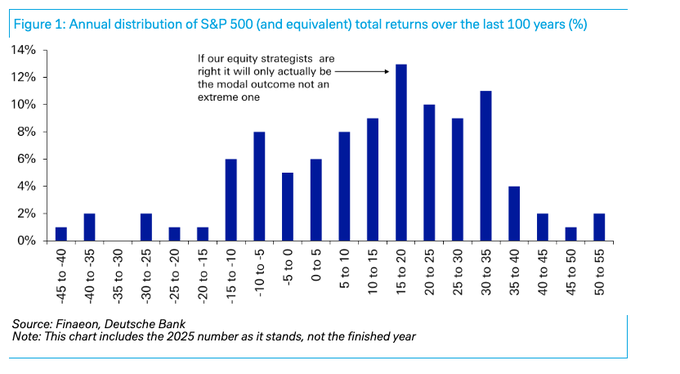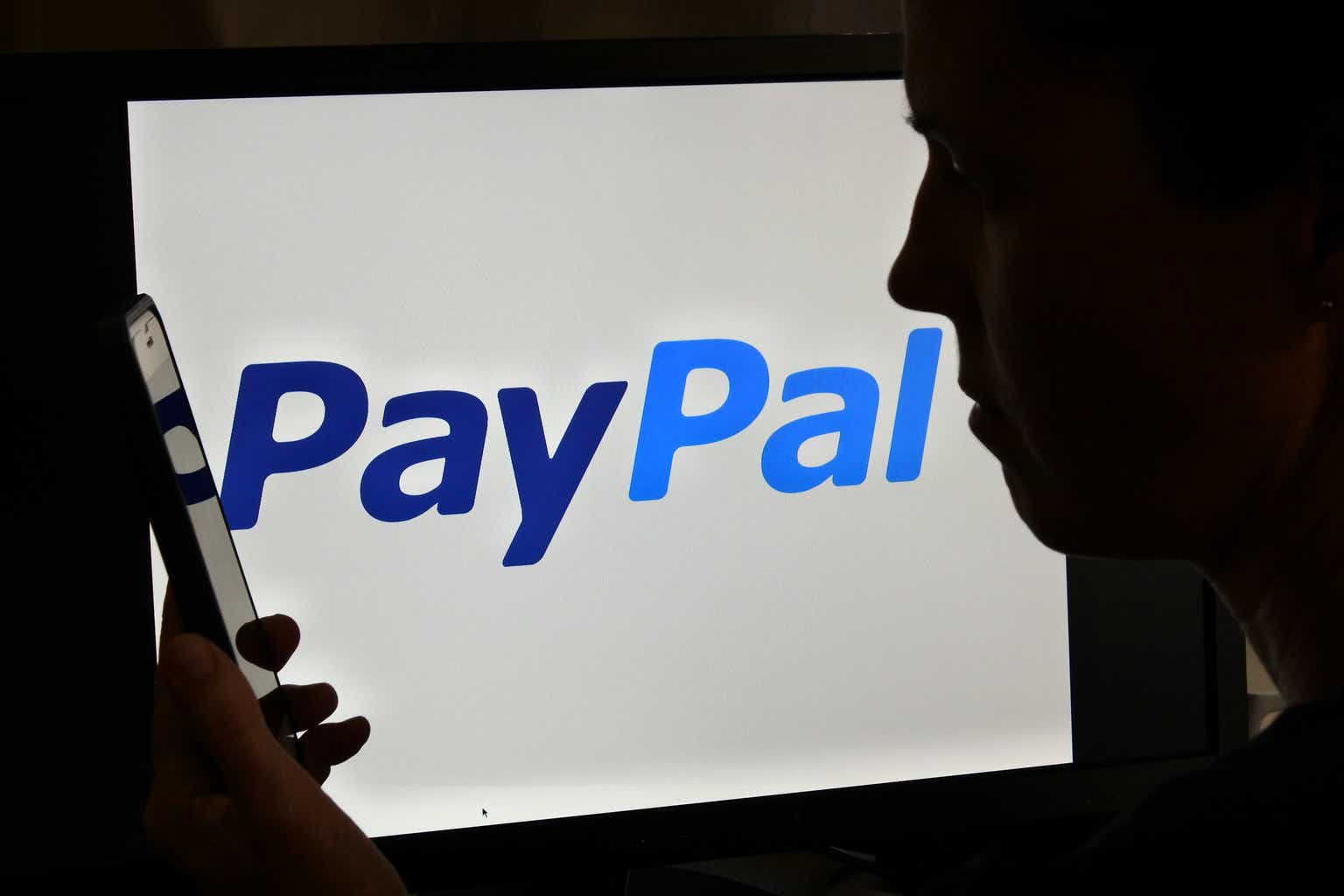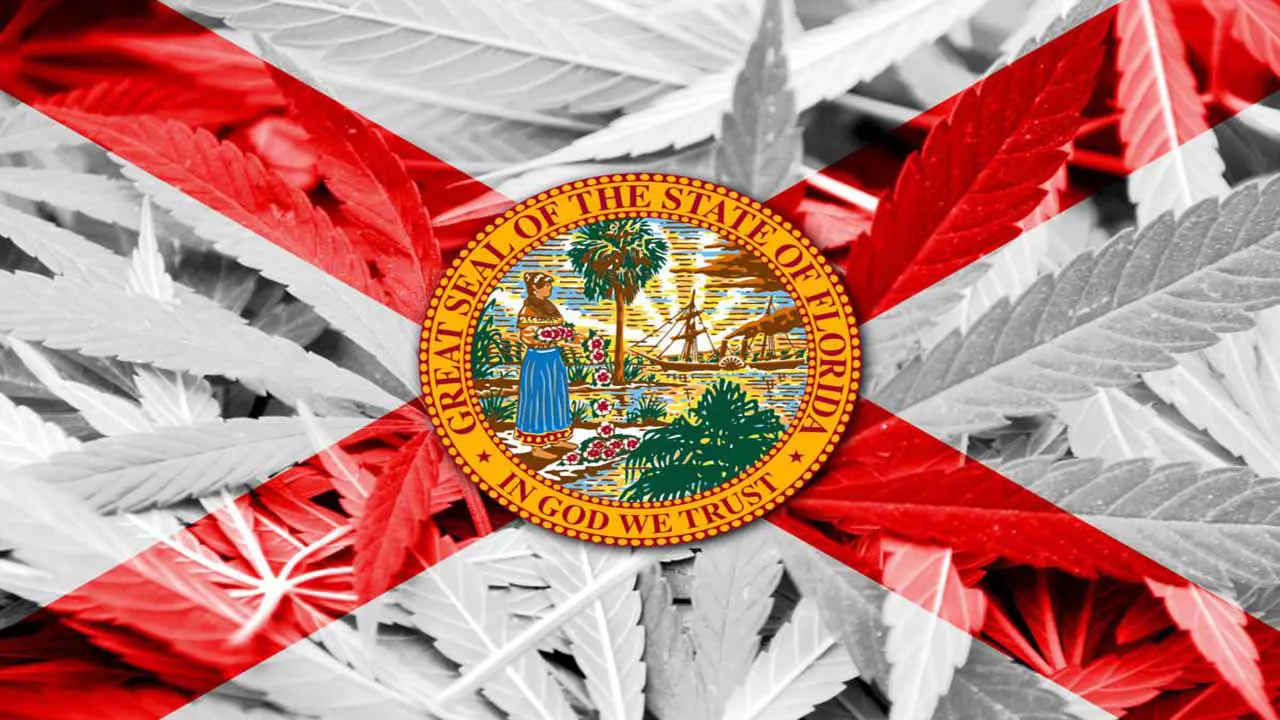© Reuters. FILE PHOTO: U.S. President Joe Biden holds up a wind turbine size comparison chart while attending a meeting with governors, labor leaders, and private companies launching the Federal-State Offshore Wind Implementation Partnership, at the White House in W
(Reuters) – The U.S. has no large-scale commercial wind farms in operation today, but President Joe Biden’s administration aims to have 30 gigawatt (GW) installed by 2030 to help decarbonize the power sector and revitalize domestic manufacturing. The federal government has already approved several large-scale projects so far, with the first two – Vineyard Wind 1 and South Fork – expected to deliver first power by the end of this year, and about a few dozen projects are in different stages of development. Some 27 power offtake contracts totaling more than 17 GW had been signed by the end of May, according to a U.S. Department of Energy report published on Aug. 24. However, inflation, supply bottlenecks and higher financing costs have eroded profitability of many projects, forcing some to cancel the offtake agreements, while others are still seeking to renegotiate the terms, the report said.
Some developers told Reuters they were also pressing officials to ease requirements for subsidies under the year-old Inflation Reduction Act.
While wind power costs had fallen by about 50% since 2014, a recent industry survey showed costs rose by 11%-20% over 2022, and in some cases by 30%, the report said.
Levelized cost of energy (LCOE), which compare the total lifetime cost of building and running a plant to lifetime output, stood at between $72 and $140 per megawatt hour (MWh) in the U.S., an analysis by investment bank Lazard (NYSE:) showed in April.
That compared with $24 to $96 for utility-scale solar, $24 for onshore wind and $39 to $101 for combined cycle gas.
To compare, in 2022, wholesale electricity prices averaged about $92 in New England, $90 in New York and $83 in the PJM West Hub, which runs from western Pennsylvania to Washington, D.C., according to U.S. Energy Information Administration (EIA) data.
One megawatt (MW) can power about 1,000 U.S. homes but since wind is an intermittent resource – 1 MW of offshore wind can power about 500 U.S. homes, according to offshore wind developers.
The following is a list of major U.S. offshore wind projects:
VINEYARD WIND 1The 800-MW project off the coast of Martha’s Vineyard plans to start operations by the end of this year. When fully operational in 2024, it is expected to supply enough clean energy for 400,000 homes in New England. The project is owned by Avangrid (NYSE:), a part of Spanish Iberdrola (OTC:), and Danish green energy investor Copenhagen Infrastructure Partners (CIP).
SOUTH FORKDenmark’s Orsted (CSE:), the world’s largest offshore wind power developer, is building the 132-MW project off Rhode Island and Massachusetts. It also aims to become operational by the end of this year, reaching full capacity to power 70,000 homes in 2024.
OCEAN WIND 1&2In January, Orsted became the sole owner of the project off southern New Jersey by acquiring the remaining stake from Public Service Enterprise Group (NYSE:).
In June, the state’s legislators agreed to let Orsted to keep any federal tax credit benefits the project gets instead of passing the benefits to customers.
Orsted said on Aug. 29 it planned to take the final investment decision (FID) on the project’s first stage towards the end of 2023 or in early 2024.
Pending FID, it now expects to commission Ocean Wind 1 in 2026. The project’s second stage, the 1,148-MW Ocean Wind 2, is expected to start commercial operations in 2029.
REVOLUTION WINDThe 704-MW project owned by Orsted and New England utility Eversource Energy (NYSE:) is expected to deliver 400 MW power to Rhode Island and 304 MW to Connecticut from 2025-2026.
Orsted said on Aug. 29 it planned to take the FID on the project’s first stage towards the end of 2023 or in early 2024.
In March, Orsted and Eversource proposed to build a second stage, 884-MW Revolution Wind 2, in Rhode Island’s latest wind solicitation.
The state’s utility Rhode Island Energy, however, decided against signing a power purchase contract with the project, citing too high costs for consumers.
COASTAL VIRGINIA OFFSHORE WIND (CVOW)The 2,600-MW project owned by U.S. utility Dominion Energy (NYSE:) is scheduled to start construction off the coast of Virginia Beach in 2024, pending the federal approval, and to be completed in late 2026. Dominion built the first phase of the project – a two-turbine, 12-MW pilot in 2020. SUNRISE WINDThe project’s first stage, the 924-MW Sunrise Wind 1, was expected to start operations in 2025-2026, but its owner Orsted warned in June that it would not be able to make the final investment decision unless the price agreed in 2019 is adjusted for inflation.
The New York’s energy agency NYSERDA said meeting Orsted’s request would mean increasing the strike price by 27%, and the New York states regulator has yet to rule on the request.
Orsted said on Aug. 29 it planned to take the final investment decision (FID) on the project towards the end of 2023 or in early 2024.
EMPIRE WIND 1&2Two projects owned by Norway’s Equinor and British oil major BP (NYSE:) south of Long Island are also seeking to renegotiate the previously agreed strike price to adjust it for inflation and other cost increases.
The owners said the adjustments were needed to maintain the current project schedule with the 816-MW Empire Wind 1 and 1,260-MW Empire Wind 2 aiming to start operations in 2027-2028.
NYSERDA estimated that the request would translate to strike prices increasing for the two projects by 35% and 66% to $159.64 per MWh and $177.84, respectively.
BEACON WIND 1
Equinor and BP are also seeking to renegotiate the previously agreed agreement for supplying power from their 1,230-MW Beacon Wind 1 project in east of Montauk Point.
NYSERDA estimated that the request would result in the strike price increasing by 62% to $190.82.
Beacon Wind 1 is expected to start operations in 2028-2029, delivering enough power to about 600,000 homes. A second part of the Beacon Wind lease area, Beacon Wind 2, is similar in size to Beacon Wind 1 and will be developed in the future. SOUTHCOAST WIND
The project off Massachusetts, previously known as Mayflower Wind, is owned by oil major Shell (LON:) and Ocean Winds, a joint venture of French ENGIE and a renewable arm of Portuguese energy group EDP.
The project, which was previously scheduled to deliver first power in 2027, is facing potential delays as the owners have canceled the previously signed power purchase agreements blaming supply chain bottlenecks and rising financing costs.
They paid local utilities about $60 million to get out of contracts, but said they planned to re-bid in the state’s next offshore wind solicitation.
COMMONWEALTH WINDThe 1,232-MW project off Massachusetts, which was formerly a part of the larger New England Wind project, is also facing potential delays. Its owner Avangrid, a part of Spanish energy company Iberdrola, has agreed to pay about $48 million to local utilities to get out of its previously signed agreement. Avangrid, however, also said it planned to re-bid in the next offshore win solicitation to continue the project.
PARK CITY WINDAvangrid owns the 800-MW project off the coast of Massachusetts, which was formerly a part of the larger New England Wind project.
In July, Avangrid said it was working to address the economic viability of the previously signed power purchase agreement with regulators and electric distribution companies.
The project plans to start operations in 2025-2027.
ATLANTIC SHORES OFFSHORE WIND SOUTHThe joint venture between Shell and French EDF (EPA:) is developing a large offshore wind park off New Jersey.
They plan to begin constructing its first 1,510-MW capacity stage in 2024 with the aim to deliver first power in 2027.
In July, Atlantic Shores said it was in touch with state officials about additional support for the project, following the state’s decision to grant tax relief for Orsted’s Ocean Wind 1 project.
MARWIN
Maryland’s first offshore wind project is expected to start operations in 2025-2026. The 270-MW project is owned by US Wind, a subsidiary of Italy’s Renexia SpA.
MOMENTUM WINDThe 808-MW project also owned by US Wind off Maryland is also expected to start operations in 2026-2028, producing enough clean energy to power more than 250,000 homes.
SKIPJACK 1&2The project off Maryland is owned by Orsted and consists of two parts. The 120-MW Skipjack 1 project is expected to start delivering power in 2026-2027, and the 846-MW Skipjack 2 project one year later.
















